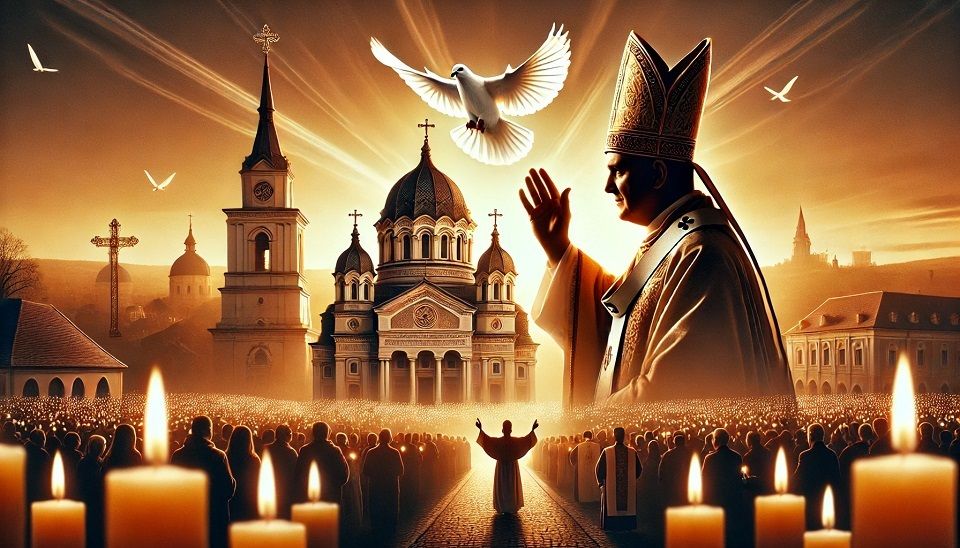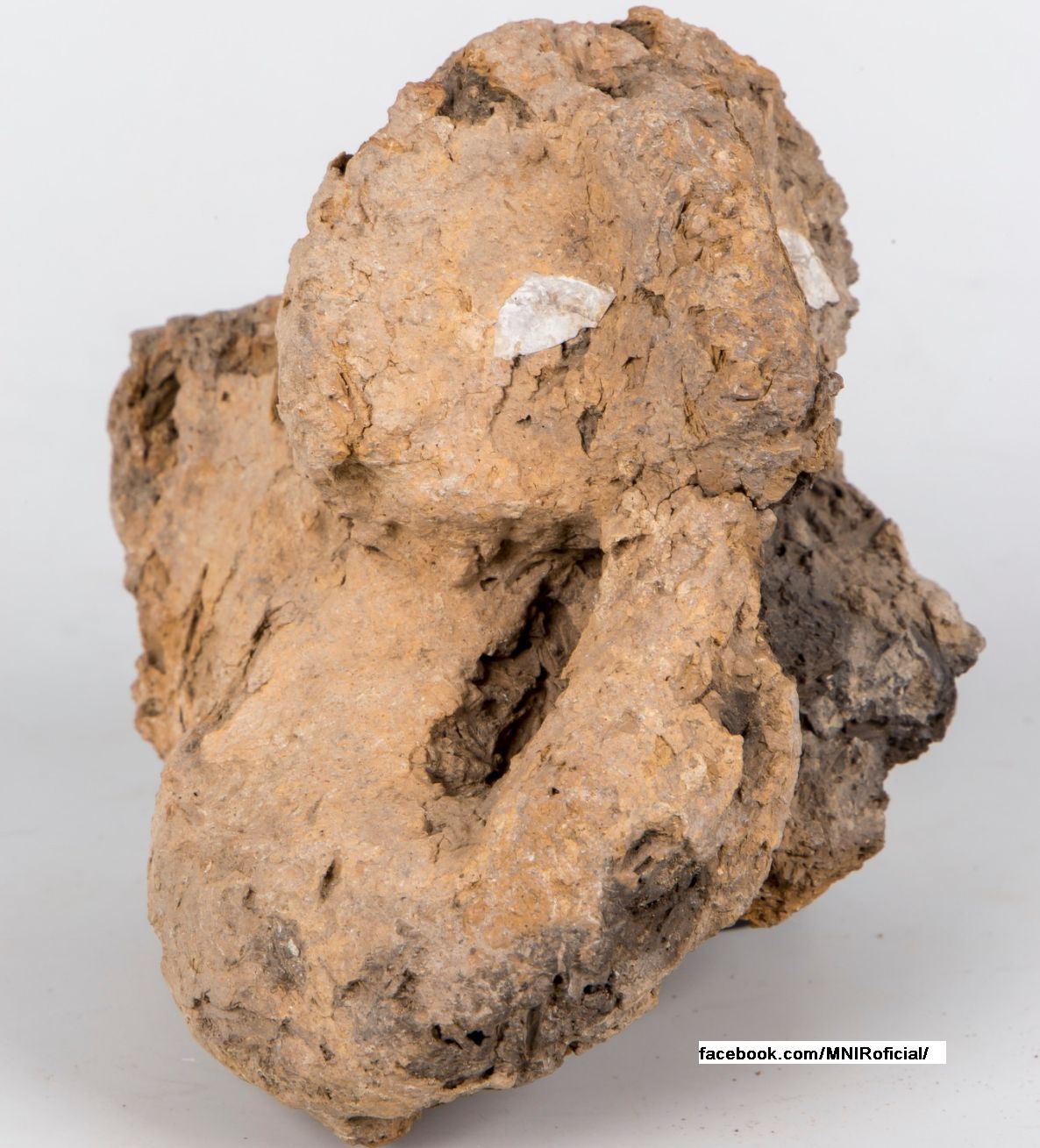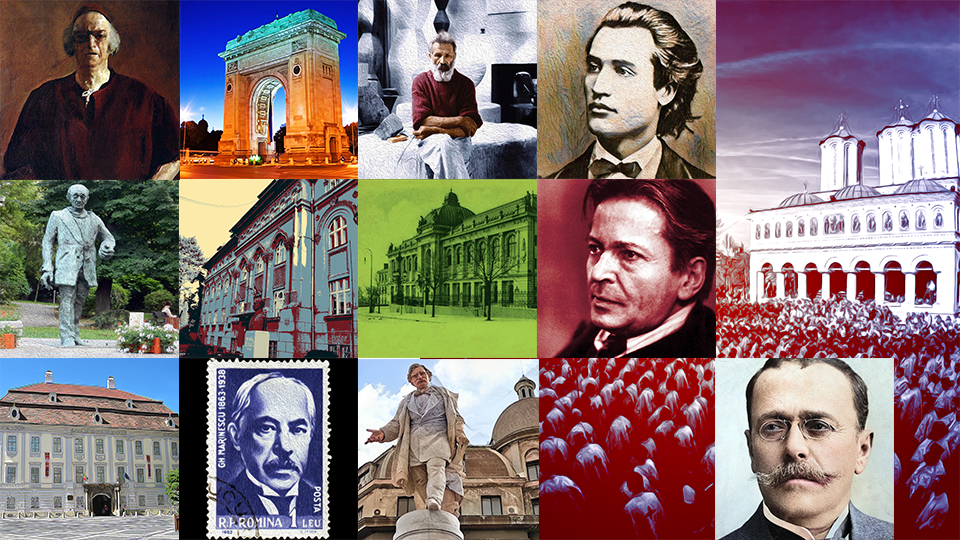Physician Iuliu Barasch
Iuliu Barasch was one of the great scholars of the mid 19th century in Romania

Christine Leșcu, 19.11.2023, 14:00
One of the many foreign nationals who came to
the Romanian Principalities to contribute to the modernization process was also
physician Iuliu Barasch. Born into a family of Jews in July 1815 in the city of
Brody in the former Kingdom of Galicia, back then part of the Austro-Hungarian
Empire, today in present-day Ukraine, Barasch furthered his studies in Berlin
and Leipzig, but chose to return to Romania to practice medicine here. What he
did was so much more: he helped set up modern medical institutions. He
popularized the sciences through his publications. He edited textbooks and
actually taught medicine. He set up a clinic which later developed into a
children’s hospital, thus laying the foundations of Romanian pediatrics. He
also supported the Jewish community here. He served as a quarantine physician
in Călărași over 1843-1847 and in Dolj County over 1847-1851. Despite all that,
Iuliu Barasch remains virtually unknown today to general audiences, including
among scholarly elites. His works are now being published and translated in
Romania, as most were written in German. Historian Ștefan
Petrescu gave us an overview of Iuliu Barasch’s career.
What do we know about Iuliu Barasch? He was a
man of numerous talents, someone with an interest not just for medicine, but
for other fields as well. He was what we call a true scholar. He could have
been anything he wanted. His parents wanted him to become a rabbi, but that’s
not what he wanted. Then they wanted him to become a merchant, and actually
sent him to Moldova to learn the trade, unfortunately to no avail. So they sent
him to study abroad, and this is where Iuliu Barasch would shine. He first
study in Germany, then he came back, showing great potential for a scientific
career. He was also a writer, an accomplished scholar, not just a physician. He
was interested in the life of his community, in the fate of the Jews. This was
a time when Jewish emancipation in the Romanian Principalities was on the rise,
and he was one of the iconic representatives of this movement. He also capitalized
on building momentum created by the 1848 Revolution, followed by the 1859
Union. This was the rule of Alexandru Ioan Cuza, which created numerous
opportunities for the Jews. Iuliu Barasch was in the middle of it all, but his
life was cut short. After a lifelong of hard work, Iuliu Barasch passed away at
only 40 years of age, leaving behind huge volumes of works. He worked as a
physician in the public sector, which was no small thing for a Jew. He also
taught in public schools, including at the Saint Sava High School in Bucharest.
Iuliu Barasch achieved all that over a
relatively short period of time, as he died in March 1863, at only 47 years of
age. Back then, Romanian society was in dire need to people like Iuliu Barasch
to help modernize the country, and Iuliu Barasch knew that. He was particularly
known for helping Wallachia bridge the development gap compared to other
Western countries. He also served as a press correspondent for a
German-language newspaper. And that’s not all. To medical historian Octavian
Buda, Iuliu Barasch brought to the Romanian Principalities the spirit of
enlightenment, albeit with some delay, something which the region lacked back
then.
He brought out a series which has become a
reference for the field of history and popularizing sciences, Natura, which he
published at a time when Western countries were following the same trend. He
made commendable efforts to write in Romania. He paid attention to every detail
pertaining to modern procurements in the field of medicine, and he stood out as
one of the first people to signal something was wrong with cholera. He
suspected the transmission method was not by direct contact. The issue was
disconcerting. There were two running theories at odds with each other – on the
one side those who argued in favor of direct contact, while the other camp
spoke of foul air that was infectious, which you had to avoid at all costs.
Iuliu Barasch managed to examine all these things, and what he did was typical
of any exponent of moderate enlightenment – he didn’t discard these popular
practices from the very start as nonsensical, irrational and primitive. No. He
thought there is a collective experience that could be instrumental in
formulating a rational medical discourse based on causes, that sought the
development of health policies based on prevention and education. And this was
something truly remarkable. He was part of this specific strand of Jewish
enlightenment which in the West was best represented by Moses Mendelssohn. He was
under the influence of Kant, as he went to Leipzig to enroll in a course
delivered by a professor who was a disciple of Immanuel Kant at Königsberg.
Therefore, this was the sort of intellectual legacy that Barasch had. In Berlin
he met with the great medical experts. He went to college with people who were
considered the founder of modern pathology, the heavyweights of international
anthropology in the late 19th century. Despite all that, he returned
to Romania, and it is reasonable to ask if he actually missed on greatness.
It’s hard to answer, because he graduated with a paper that is considered one
of the first theses that systematize modern dermatology at the highest
scientific level. He could have easily stayed in the West, practicing in the
emerging field of dermatology, and he could have been featured today in
standard textbooks of the history of dermatology.
Corint Publishers have recently started to
decrypt Iuliu Barasch’s biography by translating the volume called Iuliu
Barasch. Pioneering medicine in Wallachia, a work that brings together a
number of his medical articles. (VP)





























